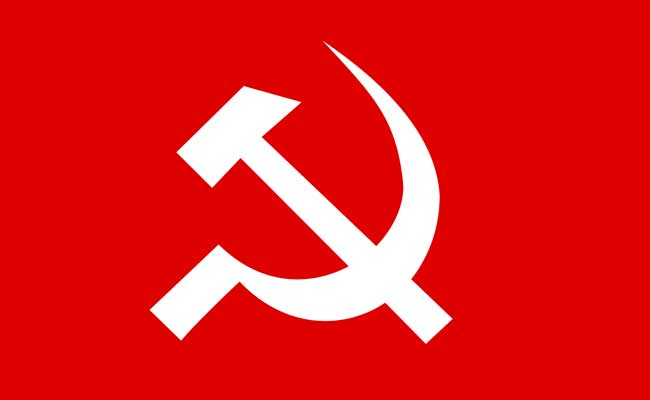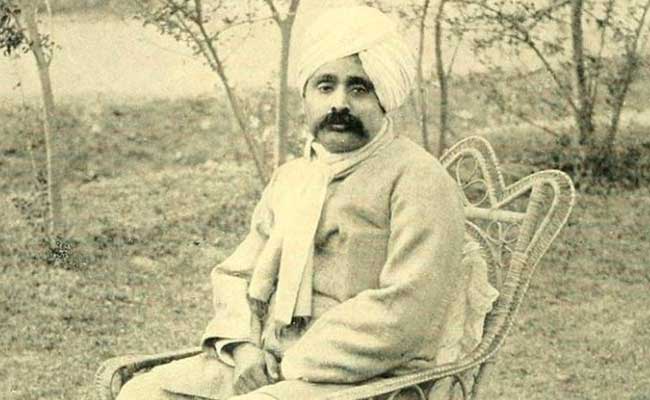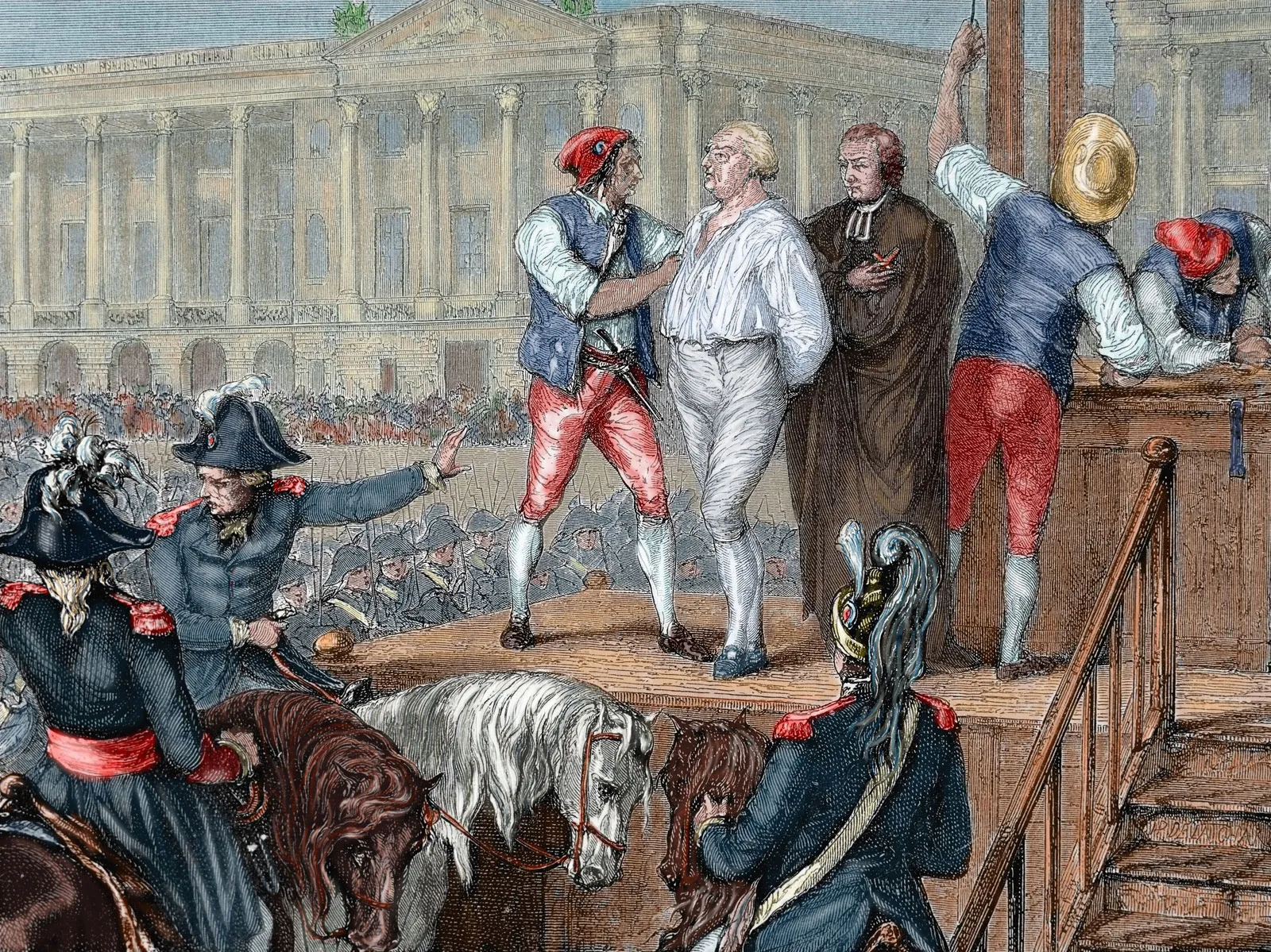Introduction
The Communist Party of India (Marxist), or CPI(M), is a political party in India that was formed in 1964 as a breakaway faction of the Communist Party of India (CPI). The party is one of the largest communist parties in the world, with a presence in several states in India. In this article, we will take a closer look at the CPI(M), its history, ideology, and impact on Indian politics.
History of the Communist Party of India (Marxist)
The CPI(M) was formed in 1964, as a result of a split within the Communist Party of India over the party’s support for the Soviet Union’s invasion of Hungary in 1956. The party’s founders were ideologically aligned with the Soviet Union, and believed that socialism could only be achieved through a proletarian revolution. The party’s initial focus was on organizing farmers and agricultural workers, and it played an important role in the Naxalite movement of the late 1960s and early 1970s.
The party’s biggest success came in the state of West Bengal, where it won the state elections in 1977 and formed the first communist government in India. The party’s government in West Bengal implemented a number of progressive policies, including land reforms and the establishment of a network of public hospitals and primary health centers. The party also had a significant presence in the state of Kerala, where it has been able to form governments on several occasions.
Ideology of the Communist Party of India (Marxist)
The CPI(M) is a Marxist-Leninist party that believes in the establishment of a socialist state through a proletarian revolution. The party’s ultimate goal is the establishment of a classless society, in which the means of production are owned collectively and there is no exploitation of one class by another. The party’s ideology is based on the belief that capitalism is inherently unjust and that the only way to achieve true social justice is through socialism.
The party believes in the nationalization of all major industries and services, including agriculture, and the redistribution of wealth to ensure a more equal distribution of resources. The CPI(M) also supports a non-aligned foreign policy, and is critical of both the United States and the Soviet Union for their imperialist policies.
Impact of the Communist Party of India (Marxist) on Indian Politics
The CPI(M) has had a significant impact on Indian politics, especially in the states of West Bengal and Kerala. The party’s government in West Bengal implemented a number of progressive policies, including land reforms and the establishment of a network of public hospitals and primary health centers. The party’s government in Kerala also implemented a number of progressive policies, including the establishment of a network of public schools and hospitals.
However, the CPI(M)’s influence has also been marked by controversy and violence. The party has been accused of being involved in violent clashes with other political parties, and there have been allegations of human rights abuses and extra-judicial killings. The party has also been criticized for its lack of commitment to democracy and for its authoritarian tendencies.
Current Status of the Communist Party of India (Marxist)
The CPI(M) is currently a minor player in Indian politics, and its influence has been declining in recent years. In the 2019 general elections, the party won only three seats in the Lok Sabha, the lower house of the Indian parliament. The party’s influence in West Bengal has also been declining, with the party losing power in the state after more than three decades of rule in 2011.
The party’s decline can be attributed to a number of factors, including the rise of regional parties and the decline of the left-wing ideology in Indian politics.
![]()





